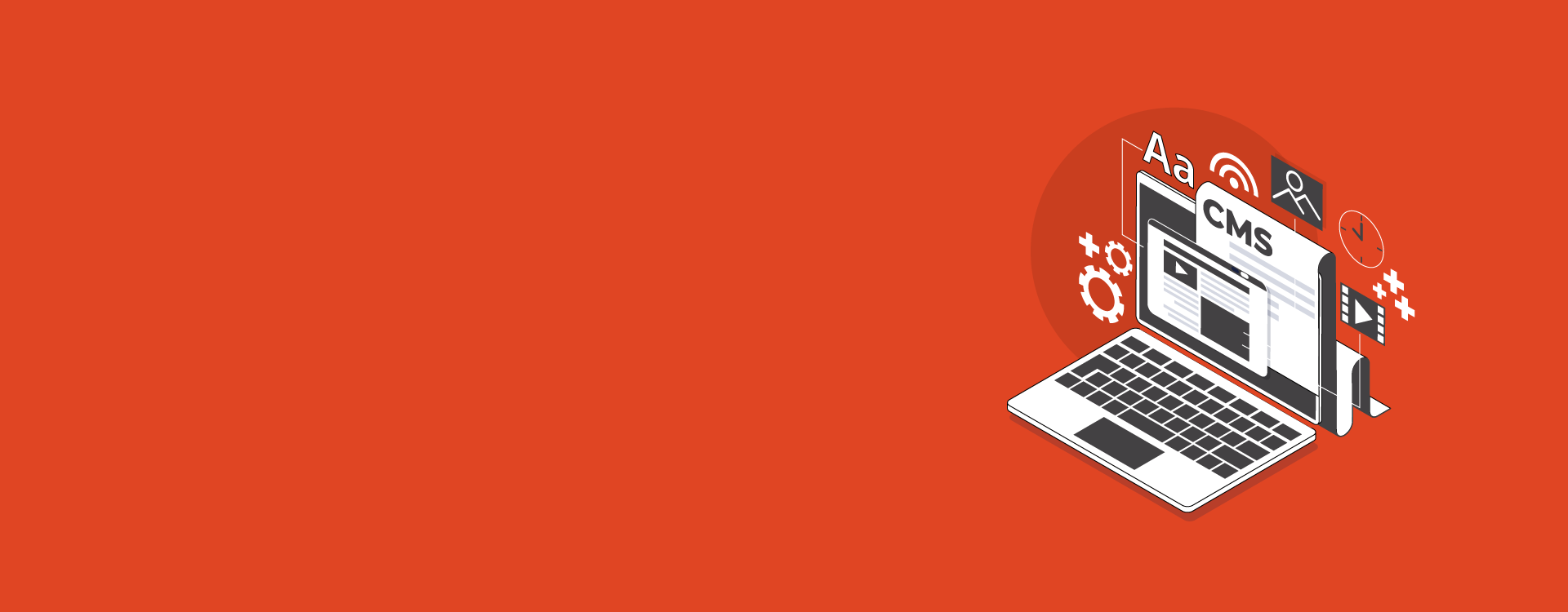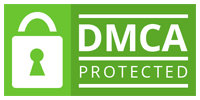Any business or organisation must have a robust online presence in today's digital world. Yet, website management can be challenging for those without extensive technological knowledge.
A content management system (CMS) is necessary in this case. An easy-to-use content management system (CMS) facilitates the production, administration, and distribution of written, visual, and auditory media. In addition, a content management system (CMS) facilitates efficiently managing a website's content, design, and overall online presence.
It's hard to exaggerate the value of a content management system (CMS) for running a website. In addition to making it easier to create and manage website content, it also has several other advantages that can boost things like customer satisfaction and safety.
Let's have a look at the benefits of CMS platforms for businesses.
CMS Simplifies Content Creation
Streamlining content production is a significant benefit of utilising a CMS to administer a website. A content management system (CMS) facilitates the creation and distribution of digital information. In addition, web admins now have access to various time-saving and efficient content creation aids thanks to content management systems.
CMS features such as templates, drag-and-drop editing, and content scheduling.
For instance, many content management systems (CMSs) offer templates that can be modified to meet individual needs regarding colour scheme, layout, etc. In addition to being time-efficient, this method guarantees that all your web pages will have the same polished appearance. Furthermore, the content management systems (CMSs) WordPress, Drupal, and Joomla all provide intuitive drag-and-drop editors that make it simple to incorporate multimedia into posts.
Scheduling material is another crucial function of CMS systems. Website owners can prepare and organise their content in advance using this method to ensure that material is released at the appropriate time and in the appropriate format. Content management systems (CMSs) allow website owners to develop and publish material whenever convenient, be it a blog post, a news story, or a product page. As a result, website owners now have more efficient means of producing and managing high-quality content than ever.
Also Read: WordPress Vs Shopify: What You Need to Know Before Choose
CMS Improves Site Navigation and User Experience
A content management system (CMS) has several benefits beyond just making it easier to create material. For example, with the help of a content management system, site administrators may set up their websites so visitors can quickly discover the information they need. In addition, website owners can facilitate user-friendliness by arranging their content into a sensible hierarchy of categories and subcategories.
How CMS can help to ensure that website design and content are optimised for different devices (e.g., desktop, mobile)
Website design and content can be optimised for various devices, from desktop computers to mobile phones, using capabilities provided by content management systems. The importance of ensuring your website is accessible on mobile devices is growing as the number of people who use the web from their phones grows. The flexible website design provided by content management systems (CMSs) like WordPress and Drupal ensures the site appears well and performs appropriately across all devices.
CMS Increases Website Security
Enhanced website security is a significant advantage of employing a content management system for site administration. CMS platforms include various features and tools to assist in securing your website from hackers and other security risks, a crucial part of the website administration.
How CMS security features such as user access controls and regular updates can help to keep your site safe
Content management systems (CMSs) typically provide sophisticated permission settings that enable site administrators to tailor access privileges for individual users. Website owners can restrict access to restricted portions of the site by assigning individual roles such as administrator, editor, and contributor. Human error and other forms of illegal access can thus be mitigated with this measure.
In addition, most content management systems (CMS) offer regular updates and security fixes to close any security holes. It would help if you implemented these changes to keep your website safe from modern dangers. The likelihood of your website being hacked or infiltrated is reduced if the CMS and plugins it uses are kept up to date.
CMS Provides Greater Flexibility and Customization Options
CMS solutions provide website owners with greater flexibility and customisation than traditional website construction approaches. Using a content management system, site owners may tailor their websites to their visitors' demands in terms of both appearance and functionality.
How CMS can allow for easier customisation of website templates and themes
Templates and themes available on content management systems (CMS) can be modified to meet the specific requirements of each website's owner. Website owners can use these themes and templates as a starting point for their sites. Then, with the help of intuitive drag-and-drop editors, website owners can easily alter their website's appearance, layout, and content. This allows them to design a website that reflects their brand, style, and personality.
CMS Enables Collaboration and Workflow Management
The success of any website project depends heavily on teamwork, and content management systems can facilitate this. With a content management system (CMS), website owners can assemble a group of writers, editors, and managers to collaborate on the site's content. In addition, content management systems (CMSs) include numerous tools that simplify workflow management, such as user roles and rights, content approval procedures, and version control.
Website administrators can delegate tasks to team members and limit their access to sensitive data using user roles and permissions. For example, the site's owner can give one employee the limited permissions of an editor while giving another employee the broader responsibilities of an administrator.
How CMS features such as user roles and permissions, content approval workflows, and version control can improve collaboration.
Website administrators can implement an approval process for content before it goes live with the help of a content approval workflow. This helps keep the website's tone and style consistent and guarantees that only high-quality content is published.
Moreover, CMS platforms typically include a version control system that lets admins roll back material to earlier versions if something goes wrong. This is especially helpful for collaborative website development projects involving many people working on the same content.





Leave a Comment